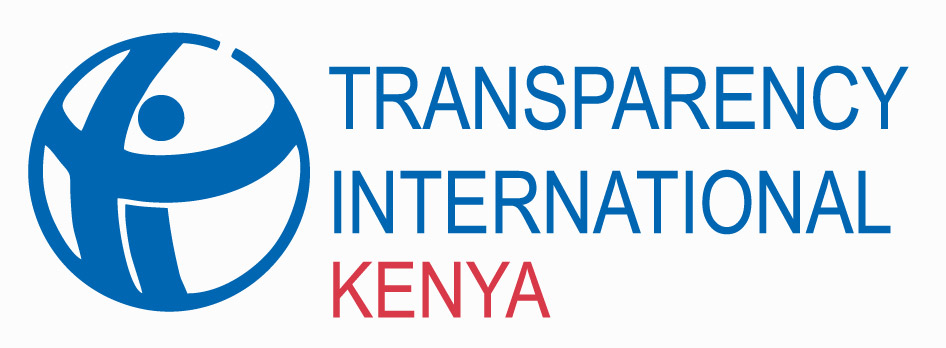TI-Kenya Statement on the Proposed Amendments to the Parliamentary Service Bill 2018
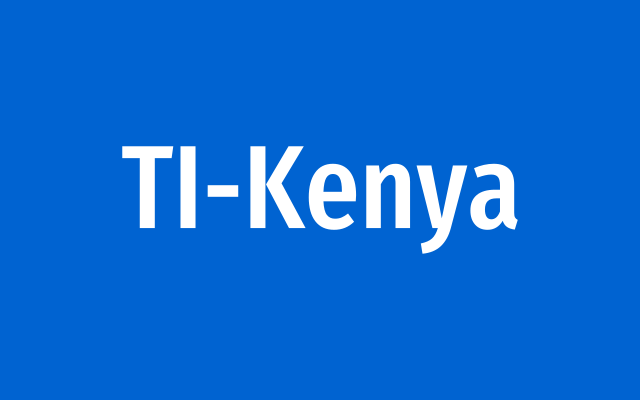
The proposed Amendments to the Parliamentary Service Bill, 2018 that will see Members of Parliament enjoy a rent-free house, a government vehicle, and an expanded medical cover among other benefits is of great concern to the nation. The move goes against public interest and exposes lack of leadership in the National Assembly. Article 232 of the […]
TI-Kenya launches Drivers of Corruption Report

Transparency International Kenya has released the findings of the Traffic Legislation Gaps and Drivers of Corruption in Traffic Matters Report. The report is a compilation of feedback received from key stakeholders in the transport sector including, but not limited to, the National Police Service, Nairobi Traffic Marshalls, long distance truck drivers and Matatu Owners Association. […]
TI-Kenya Publishes Paper on Forceful Evictions
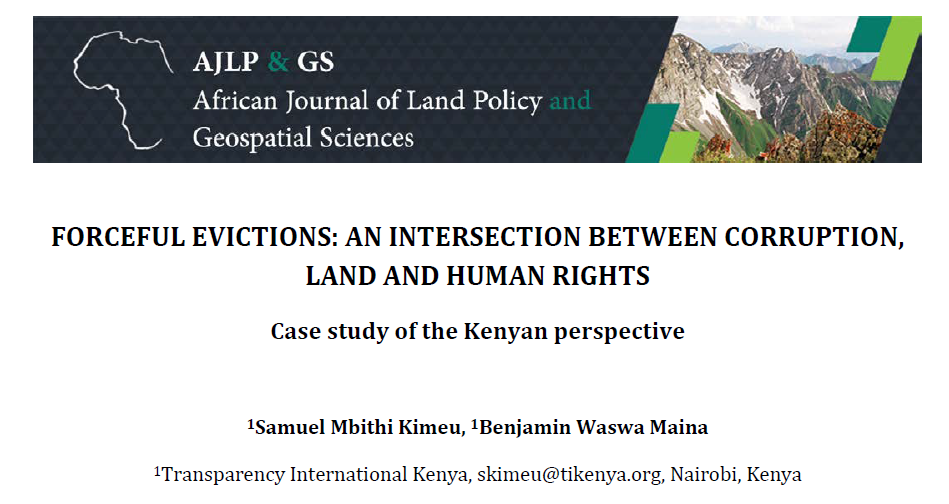
By Kevin Mabonga Transparency International Kenya has published a report on forceful evictions and corruption in the land sector in Kenya. The report, ‘Forceful Evictions: An Intersection Between Corruption, Land and Human Rights’ by Samuel Kimeu and Benjamin Maina, explores how the rampant corrupt practices in the land sector has a close interlink with forced evictions, […]
The Journey to Land Digitization in Kenya

BY SULEIMAN BASHIR The concept of digitization of the Land in Kenya began in 2013 to give effect to Sections 9 and 10 of the Land Registration Act 2012. Section 9 gives the Registrar of Lands the mandate to maintain the register and any document required in a secure, accessible and reliable format which includes […]
Why You Can’t Sell Land without Title

By JACQUELINE WAHOME The first rule we learn in land and contract law is that he who has no title cannot sell. But then there is another rule that renders the first completely redundant: the bona fide purchaser for value without notice. Just to dilute the legalese, I will explain these two concepts. The first […]
A Case Study of Public Participation Frameworks and Processes in Kisumu County
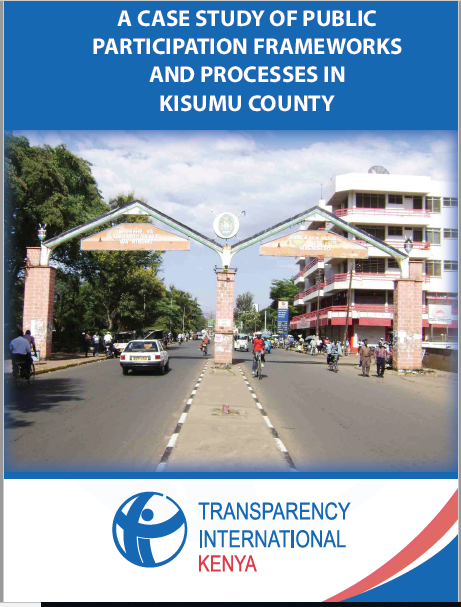
TI-Kenya has published A Case Study of Public Participation Frameworks and Processes in Kisumu County. The report comprises of feedback from stakeholders from Kisumu County drawn from the County Government, local residents and representatives of various CSOs and CBOs in Kisumu County on their assessment on the establishment and effectiveness of public participation frameworks and […]
TI-Kenya Trains Busia County Executive officials on Local Integrity System

TI-Kenya’s ALAC-Western in partnership with the Ethics and Anti-Corruption Commission(EACC) trained Busia county Executive officials on Local Integrity System(LIS) establishment on 21st and 22nd June 2018 in Kisumu. The training aimed at strengthening accountability mechanisms at the County level. During the training, action plans during the previous LIS engagements were reviewed, an update on the […]
TI-Kenya Calls for Active Participation in Governance Processes

TI-Kenya, through the Action for Transparency (A4T) Project, successfully organised a roadshow and public forum on 14th July 2018 around Embakasi area. The roadshow aimed to inform and empower citizens in Embakasi to participate in governance processes of public funds in health and education. Also, it aimed to encourage citizens report suspected corruption cases through […]
Improving Service Delivery in Public Health

TI-Kenya’s ALAC Eldoret team held a joint learning and reflection workshop for Trans Nzoia and Elgeyo Marakwet counties in Eldoret on 19th July, 2018. The activity targeted to give an opportunity for the health stakeholders from the two counties to interact, share their experiences and learn from each other with the aim of improving service […]
TI-Kenya Empowers Kwale Residents on Land Governance
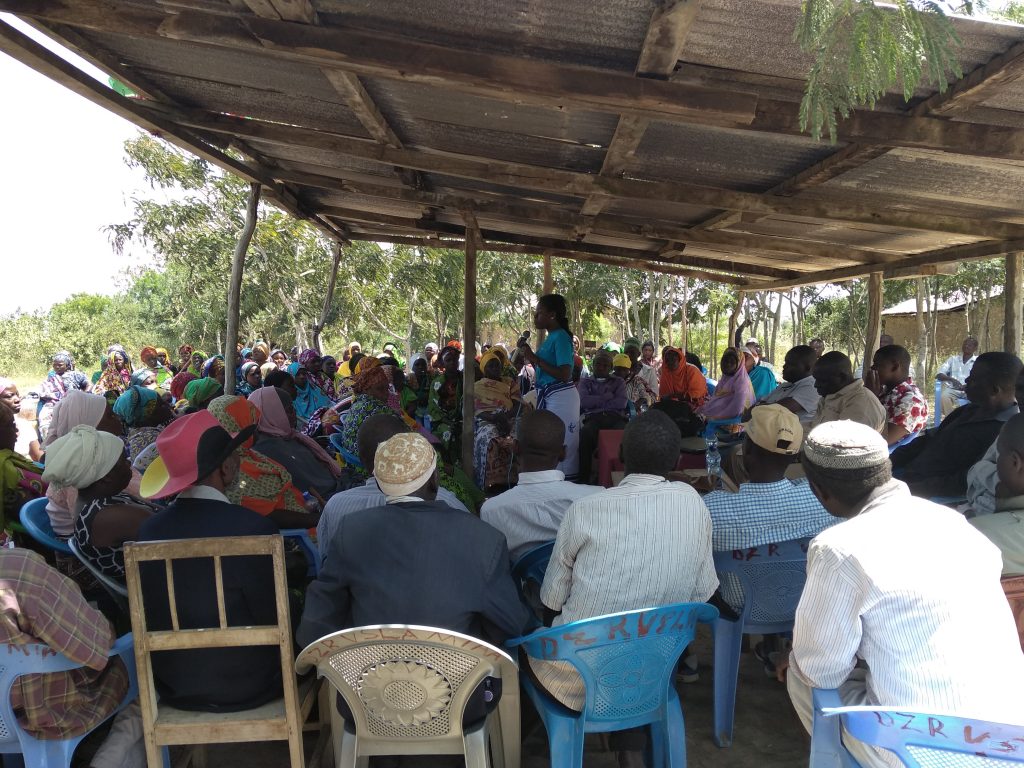
TI-Kenya’s ALAC Mombasa team conducted civic education forums and legal aid clinics in Kwale County to empower citizens in the fight against land corruption. The forums were held from 16th to 22nd July 2018 in Tiwi, Kasemeni, Taru, Samburu and Ramisi. This was done through civic engagement, citizen empowerment and the involvement of key stakeholders and players in land […]
